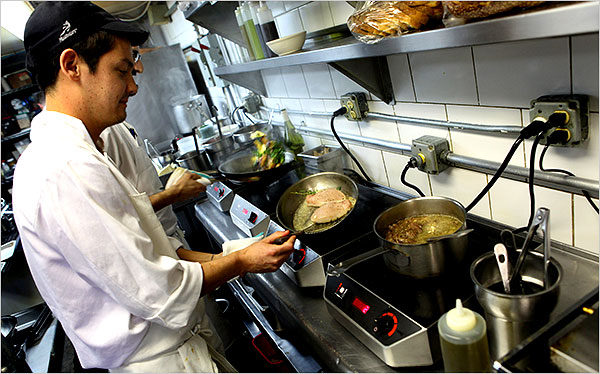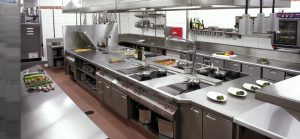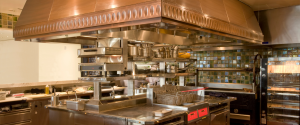The hospitality industry is constantly evolving, driven by the pursuit of efficiency, innovation, and exceptional guest experiences. In recent years, induction cooking has emerged as a revolutionary culinary technology that has transformed commercial kitchens. This advanced method of cooking has gained popularity due to its precision, energy efficiency, and safety features. In this article, we will explore the benefits of induction cooking in the hospitality industry and its impact on modern commercial kitchens.
Understanding Induction Cooking
Induction cooking is a process that uses electromagnetic technology to generate heat directly within the cookware. Unlike traditional gas or electric cooktops that heat the surface to transfer heat to the cookware, induction cooktops create a magnetic field that excites the molecules in the pan, rapidly heating the food within. This unique cooking method allows for precise and immediate temperature control, making it ideal for professional kitchens with varying cooking demands.
Benefits of Induction Cooking in the Hospitality Industry
- Precise Temperature Control: Induction cooktops offer precise temperature adjustments, ensuring accurate cooking results for delicate dishes that require specific temperature settings. This level of control enhances the consistency and quality of food preparation.
- Faster Cooking Times: Induction cooktops heat up much faster than traditional methods, reducing cooking times and improving kitchen efficiency. The rapid heat-up and responsive cooking surface enable chefs to work with time-sensitive dishes more effectively.
- Energy Efficiency: Induction cooking is highly energy-efficient, as it directly transfers heat to the cookware without wasting excess energy on the cooktop surface. This efficiency can lead to significant cost savings on energy bills for hospitality establishments.
- Enhanced Safety: Induction cooktops remain cool to the touch during cooking, reducing the risk of burns and ensuring a safer working environment for kitchen staff. Additionally, induction cooktops automatically shut off when no cookware is detected, preventing accidents and unnecessary energy consumption.
- Easy Cleaning: Since induction cooktops remain cool during cooking, spills and splatters do not burn onto the surface. The smooth, flat surface is easy to clean, making maintenance a breeze for busy kitchen teams.
- Space Efficiency: Induction cooktops are compact and do not require gas lines or bulky ventilation systems, optimizing kitchen space and allowing for more efficient layout designs.
- Eco-Friendly: Induction cooking generates less heat loss compared to traditional methods, contributing to a smaller carbon footprint and aligning with sustainability efforts.
Applications of Induction Cooking in the Hospitality Industry
- Hotel Kitchens: In hotel kitchens, induction cooktops are used for cooking a wide range of dishes, from breakfast buffets to fine dining menus. Their precise control and rapid heat-up are particularly beneficial during peak service times.
- Restaurants and Fine Dining Establishments: Induction cooktops are popular in upscale restaurants where precision and presentation are crucial. They allow chefs to create intricate dishes with consistent results.
- Catering Services: Induction cooktops are a preferred choice for mobile catering services due to their portability, quick heat-up, and energy efficiency.
- Buffet and Display Cooking: Induction cooktops are often used in buffet settings and display cooking stations, providing guests with live cooking experiences while maintaining temperature control and food safety.
Conclusion
Induction cooking has revolutionized the culinary landscape in the hospitality industry, offering chefs and kitchen staff a host of benefits that enhance efficiency, safety, and overall culinary excellence. The precise temperature control, energy efficiency, and easy maintenance of induction cooktops have made them a staple in modern commercial kitchens. As the industry continues to embrace technology and sustainability, induction cooking is expected to remain at the forefront of culinary innovation, elevating the guest experience and shaping the future of cooking in the hospitality industry.






